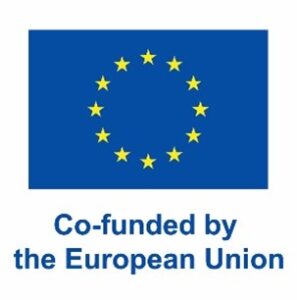The project aims to contribute to the promotion of a more equitable, inclusive, and supportive gender culture in the workplace and beyond. It plans to achieve this by implementing workshops designed to enhance knowledge and increase awareness among undergraduate and postgraduate students in 12 Greek public University Schools. These workshops will target young citizens who will soon enter the modern job market, with a specific focus on promoting gender equality, combating stereotypes, and addressing all forms of harassing behavior in the workplace.
Target Groups:
Direct target group: Graduates, postgraduate students, 21-26 years old, of public universities in Greece (indicative: UoA, Panteion, NTUA, ASE, Piraeus, PADA, PAMAK, AUTH, Aegean, Peloponnese, DUTh, Ioannina).
Indirect target group: a) University Professors, wider academic & research community, b) Student Unions from all over Greece, c) Parents/guardians, friends, relatives of participating students/researchers, d) Journalists, e) Civil Society Organizations, f) Advocacy groups, decision-making centers in Greece and the EU, g) the general public.
Activities:
- Development of a training curriculum for awareness-raising workshops, focusing on gender equality, bias elimination, and prevention of inappropriate behavior in the workplace.
- Organisation of 12 interactive in-person workshops in 12 university departments across Greece the participation of 316 students.
- 4 short videos which were produced and shared on social media to raise awareness, encourage workshop participation, and promote key guide messages.
- Organisation of a major dissemination and awareness event with the participation of 150+ job seekers and HR professionals.
- 5 in-person and 1 online follow-up events at universities, co-organized with University Gender Equality Committees.

Funded by the European Union. Views and opinions expressed are however those of the author(s) only and do not necessarily reflect those of the European Union or the European Education and Culture Executive Agency. Neither the European Union nor the granting authority can be held responsible for them.
